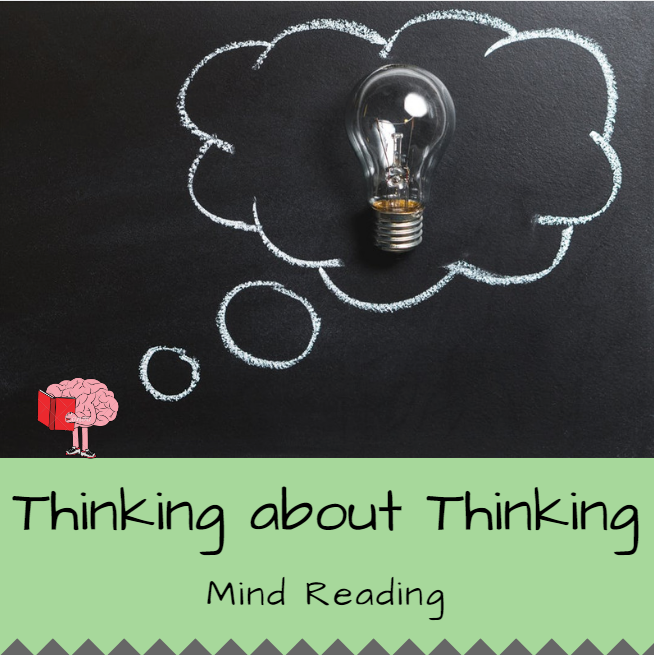“I just know he hates me.”
“They all think I’m an idiot.”
“She’s just doing that because she feels sorry for me, not because we’re friends.”
“He using me because he thinks I have money.”
When we examine metacognitions, one we often come across with those who have anxiety in social situations is mind reading:
- You believe you know what others are thinking, failing to take consider other more realistic possibilities.
One of the first questions becomes “Can I actually read minds?”, followed by “Do I believe in ESP, and do I actually have it?”.
Most people quickly dismiss out of hand this ability, but will stress that it seems that way. I will suggest that we watch verbal and physical cues to see if they match with the thought:
If he does hate me:
- Does he always leave when I come?
- Does he make negative statements about me?
- Does he behave in ways that would suggest he hates me in other situations?
Similar to emotional reasoning, I may feel that he hates me, but that’s actually different than him in reality hating me. Where’s my evidence and information that he really, truly hates me?
- While we may not be best friends, this is different than him hating me.
- Perhaps he didn’t notice me rather than he ignored me.
- He was really curt with me: maybe he’s just having a bad day, and it has nothing to do with me.
It’s still possible that he hates me, but I need to fully examine the evidence for and against that statement from an analytical approach, rather than how I feel about it.
When we examine a situation or belief, while emotions are important, they aren’t the same as truth.
In the next blog, we’ll examine overgeneralization.

